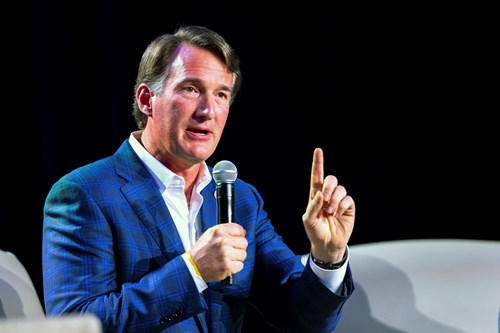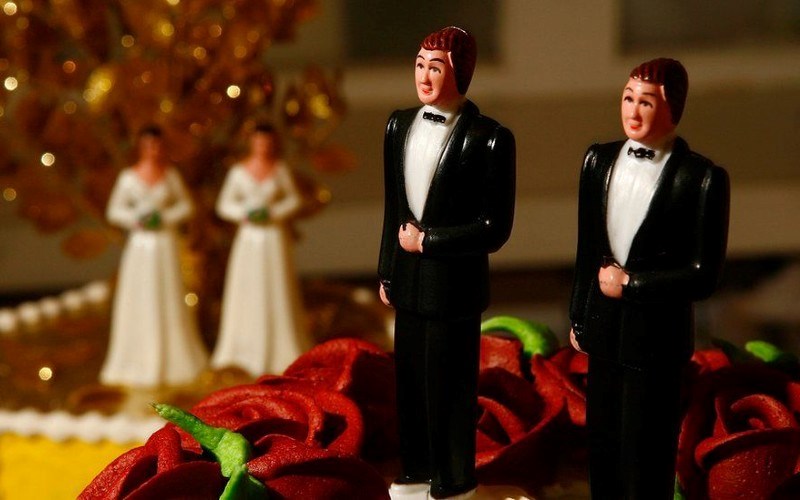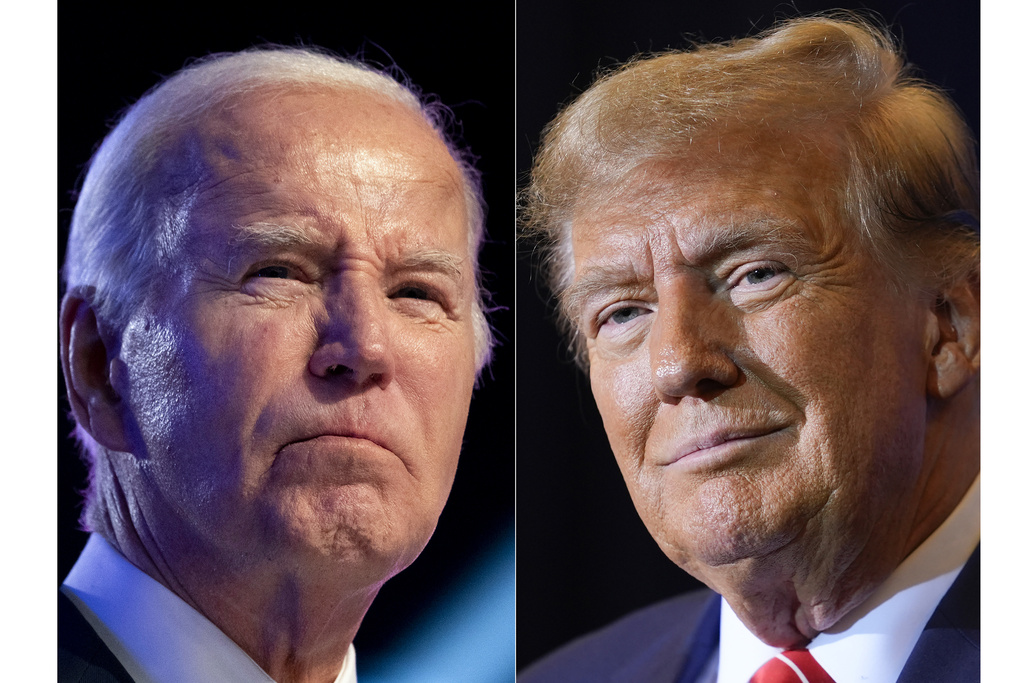Gov. Glenn Youngkin (pictured below) last week signed a bill (HB174) legalizing same-sex "marriage" in his state. It was a move seen largely as symbolic since the Supreme Court ruled 5-4 in favor of same-sex marriage in Obergefell v. Hodges in 2015.
It wasn't only symbolism, however. Democrats, mindful of a Supreme Court with three Donald Trump appointees overturning Roe v. Wade, see Youngkin's support as necessary should the court overturn Obergefell.
 "Two years into his term, Governor Youngkin has shown leadership and inclusivity, and has finally listened to his constituents with his signing of HB174," said Narissa Rahaman, Equality Virginia's executive director said in The Washington Examiner.
"Two years into his term, Governor Youngkin has shown leadership and inclusivity, and has finally listened to his constituents with his signing of HB174," said Narissa Rahaman, Equality Virginia's executive director said in The Washington Examiner.
Victoria Cobb, president of the Virginia-based Family Foundation, was on Washington Watch Monday. She acknowledges that a reversal by the Supreme Court is always a possibility.
"We've seen this [happen] obviously in the abortion debate, after Roe, so we know that [a potential overturn] does happen," Cobb described. "… It was a definition put into the code, and then it had sort of a fig leaf of a religious liberty component to it, [explaining] what clerks can do and related to their jobs in the marriage space specifically."
In last November's elections, Democrats maintained control of the Virginia Senate and flipped the House. HB174 passed in the House by a 54-40 count and in the Senate by a 22-17 count with one Republican siding with Democrats.
Unintended consequences in bill's language
The bill states that "two parties contemplating a lawful marriage on the bases of sex, gender or race" are eligible to be wed in Virginia. Cobb told show host Jody Hice the language could have unintended consequences.

"This bill differentiates between sex and gender," she noted. "That, I think, has more implication than even codifying same-sex marriage because everywhere we put into our code that 'sex' and 'gender' are somehow different, we know the fallout of that.
"We know that means there are boys in girls' sports, we know that means there are boys in girls' bathrooms. We have to stop pretending with the Left that there is some differentiation," Cobb continued. "That [bill wording] has tremendous implication."
The religious protection component of the bill was championed by Youngkin's team. Spokesperson Christian Martinez paraphrased that component, telling the Virginia Mercury: "Religious organizations and members of the clergy acting in their religious capacity now have the authority to decline to officiate marriage ceremonies that violate their conscience."
The religious protection, like the gender language, leaves room for interpretation, Cobb said. "We do have functional concerns," she shared. "For example, if you're a legislator and you preside over weddings, what's not written into the religious freedom component is people like that who aren't necessarily religious in nature."
Backlash in the primaries?
Youngkin's signing of the bill could create backlash from conservative Republicans should he pursue other political ambitions.
"I don't think there's any question [about that]," Cobb said. "There are Republican strategists, these Log Cabin Republicans, who are pushing these elected officials to say, 'That ship has sailed. Don't be on the wrong side of this. Just come along and sign these bills' – but I think it's going to matter in the primaries. I really do.
"I think there’s still a very large portion of the Republican Party that cares very much [about] the definition of marriage .... And so I do think the governor is going to have to [answer for] this … if he has future aspirations nationally or otherwise."







